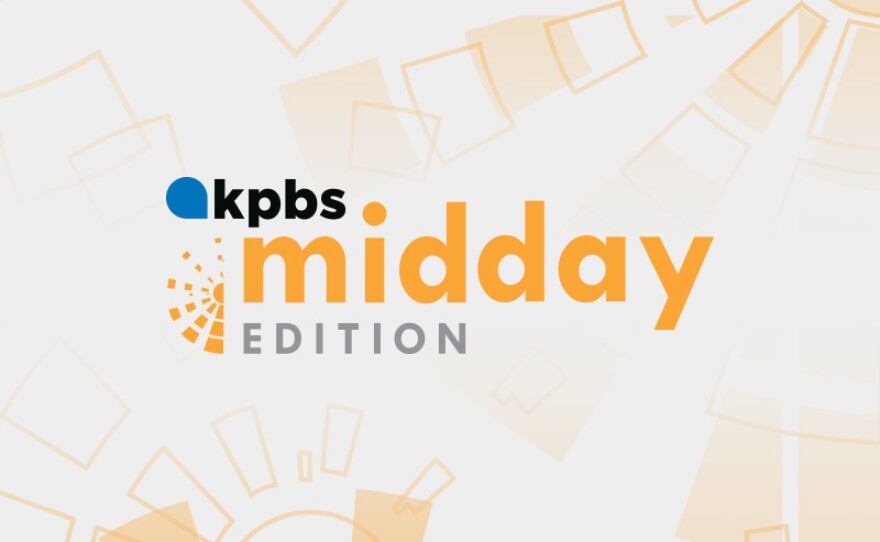Doctors And Nurses Are Not Doing Okay
Speaker 1: 00:00 For the last five months of the COVID-19 pandemic, the courage and professionalism of doctors, nurses, and hospital staff have turned them into heroes in the eyes of many Americans, but they are actually still human. And they're exhausted. KQBD science reporter. Leslie McClurg has been talking to some healthcare workers who are opening up about their mental health after many consecutive months working in the ICU. Do you know, rich and chia was toast. All I saw was COVID COVID COVID I felt like every day was on repeat. She treats patients in LA County. It's the hardest hit County in the state with hundreds of thousands of cases and thousands of deaths, winch and Shia looked around nearly all of her patients were connected to a ventilator to breathe. Most were older, overweight, diabetic, and Latino. Seeing how disproportionately COVID has affected the Latino population and being able to be that person for them now is what I always wanted as a child growing up in East LA. Speaker 1: 01:07 And she had dreamed of treating low income families like hers, but that comes with a big burden. It's just, it was just so emotional. I can say that I didn't cry often. And the heartache didn't end at work. When she got home, her two young children ran towards her, but she had to run in the opposite direction. How's that is that not being able to hug your child when she's so happy that you're home. Cause you've been gone for 14 hours since she didn't embrace her kids until she scrubbed herself raw in a scalding shower, she's finally taking a month off to reconnect with them. But at the same time, I feel that duty of like, this is my specialty. This is what I signed up for. I have to be there. Victor sees narrows can relate. He's an ER doc in orange County, another hotspot. His hospital is running out of beds for patients. Many from families, just like Speaker 2: 02:01 I grew up very underserved. I come from a very humble family and I'm the first physician first person to graduate college Speaker 1: 02:09 Originally from Mexico. But now most of his family lives in LA. Social distancing has made it hard to feel close. Speaker 2: 02:16 We're very lovey Debbie hugging, kissing. The cheek is a normal thing. When you say goodbye or say hi, you know, and it's like, it was hard Speaker 1: 02:24 And even harder because Cisneros, Speaker 2: 02:27 You just feel trapped, right? Because you in the ER for 10 hours, which are intense, exhausting, it smells, people are vomiting, there's blood. So we used to look forward to coming home. And now you're like, I'm going to couch in front of a screen by myself. It's like, almost like you're in jail. Speaker 1: 02:48 Many of his friends don't want to hang out, knowing he's around sick people Speaker 2: 02:52 All day. And like this, I don't know how sustainable this can be. I know for a fact maybe physicians that are already burnt out, this is probably the tipping edge for them. Speaker 1: 03:02 You know, doctors, aren't the biggest help seekers suffering is kind of part of the profession to some degree, but people shouldn't be suffering. That's Debra Marin. She's a psychiatrist in New York city. She directs a brand new program designed to address issues like depression, anxiety, or post traumatic stress disorder. All of which are upright. Now in health care workers, the idea is to shore up people's resilience and be supportive of them. They need to feel like they're not in this alone. There's a hotline, a wellness app and workshops designed to help connect nurses and doctors. It's providing a model for hospitals in California. Marin says the most important step is to ask for help from a supervisor, a friend, a therapist. It's not bad advice for all of us. And that was KQBD science reporter. Leslie McClurg.


